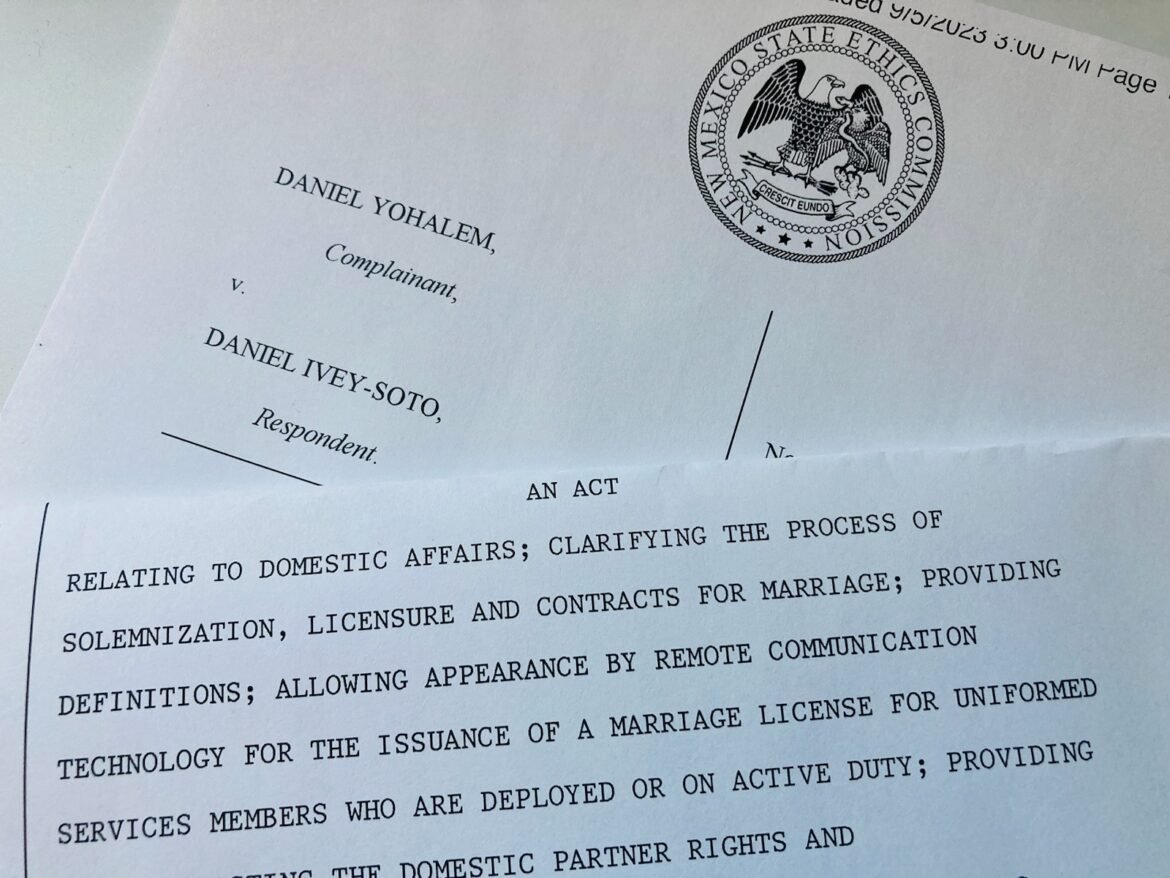Money in Politics
Democratic lawmaker defends campaign spending
|
Democrat State Rep. Ambrose Castellano in interviews justified expensing a trip to Hawaii, new vehicle tires and restaurant tabs of more than $1,000 to his campaign as not only allowable but necessary to perform his legislative and political duties.
Castellano’s defense comes in response to the campaign of his primary opponent, Anita Gonzales, promoting a recent complaint to the State Ethics Commission as evidence that Castellano used campaign funds for personal expenses. But Castellano said in an interview he did not intend to break campaign spending rules and that he welcomes a fair review by the Ethics Commission. He called the complaint an attempt to discredit him as a Hispanic leader in the midst of the primary election campaign he is currently running.
“I do very well for myself and I wouldn’t put myself in jeopardy in any situation to do something” that is not allowable, Castellano, who owns his own Santa Fe based construction business, said.
Castellano is currently trying to fend off a challenge from Gonzales for the District 70 House seat in San Miguel and Torrance Counties in the June primary election.
In the ethics complaint, Damon Ely, a former Democratic state representative and Albuquerque attorney, alleged Castellano spent thousands of his campaign funds on personal expenses going back to 2020.
“Representative Castellano reports having reimbursed himself for $6,233.75 in gas around the state and in Texas. He spent a total of $8,101.79 for hotels in Albuquerque, Santa Fe, Chama, and Honolulu. He shows having charged at least $14,773.52 in meals eating out over 135 times and 84 of them in Santa Fe, a district he does not represent,” Ely wrote in the complaint dated April 15, 2024.



